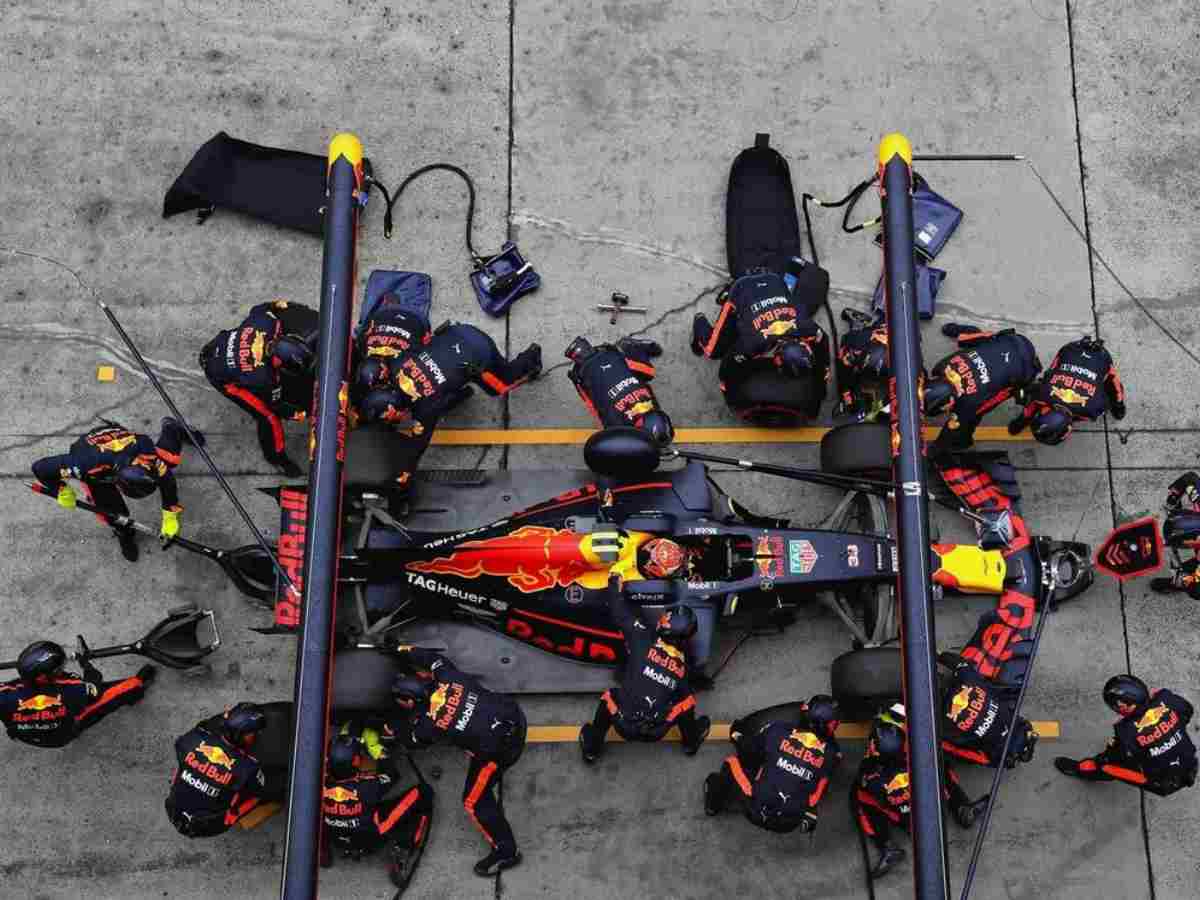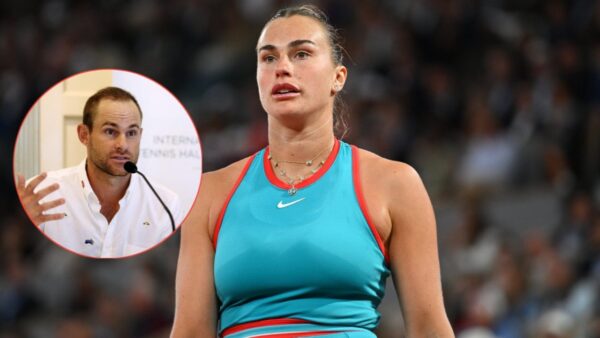Christian Horner gives insights into Netflix’s initial plan for ‘Drive to Survive’
Netflix was interested in making a documentary solely on Red Bull Racing before Drive To Survive.

Red Bull team principal Christian Horner (Image credit: Planet F1)
Red Bull Team Principal Christian Horner discussed the origins of Netflix’s Drive to Survive series in a recent interview on the It’s Been A Minute podcast. He mentioned that the show initially focused on the Red Bull team. However, due to Formula One’s perspective, the series evolved to encompass all teams, leading to its remarkable success.
Christian Horner shared an interesting insight. He recalled how Netflix had initially approached the concept of producing a documentary centered around Red Bull Racing. Their intriguing idea involved adopting a “fly on the wall” approach, which allowed them to observe the team’s activities closely. Thus becoming a part of their journey over a certain period.
“Actually, the Netflix people wanted to make a documentary about Red Bull Racing, they wanted to be the fly on the wall and accompany us for a while,” Christian Horner said, as reported by Speedweek.com.
Netflix and Red Bull Racing could not come to a deal closing

Previous criticism regarding the show “Drive to Survive” claims that it potentially manufactured or heightened drama and scenarios. As a result, there were reports that two-time F1 defending champion Max Verstappen chose to boycott participation. However, he wasn’t the only one expressing concerns. After negotiations, a resolution was achieved. In Season 5, viewers witnessed Verstappen’s presence in in-show interviews for the first time.
On the same podcast, Christian Horner explained that the producers of Drive to Survive had approached the Formula 1 management of Liberty Media with their project. However, they were met with a response that indicated the limitations of their approach. The message conveyed was that creating something of that nature exclusively through a single team was not feasible. Instead, collaboration with all racing teams was necessary.
“So the producers came to the Formula 1 management of Liberty Media to present their project. But there they were opened: You can’t do that. It’s not possible to do something like that through a team. You have to work with all the racing stables,” Horner further continued.
Extensive praise has been lavished upon the engineering behind the RB19 as it shatters Formula One records that have stood for decades. With only ten races left in the season, the Red Bull team stands on the precipice of an unparalleled achievement. Max Verstappen could equal Sebastian Vettel’s nine-consecutive wins record.
In case you missed it:
- Ralf Schumacher urges Nico Hulkenberg to ditch Haas F1
- Danica Patrick allegedly made sexist and misogynistic comments about women in motorsport







